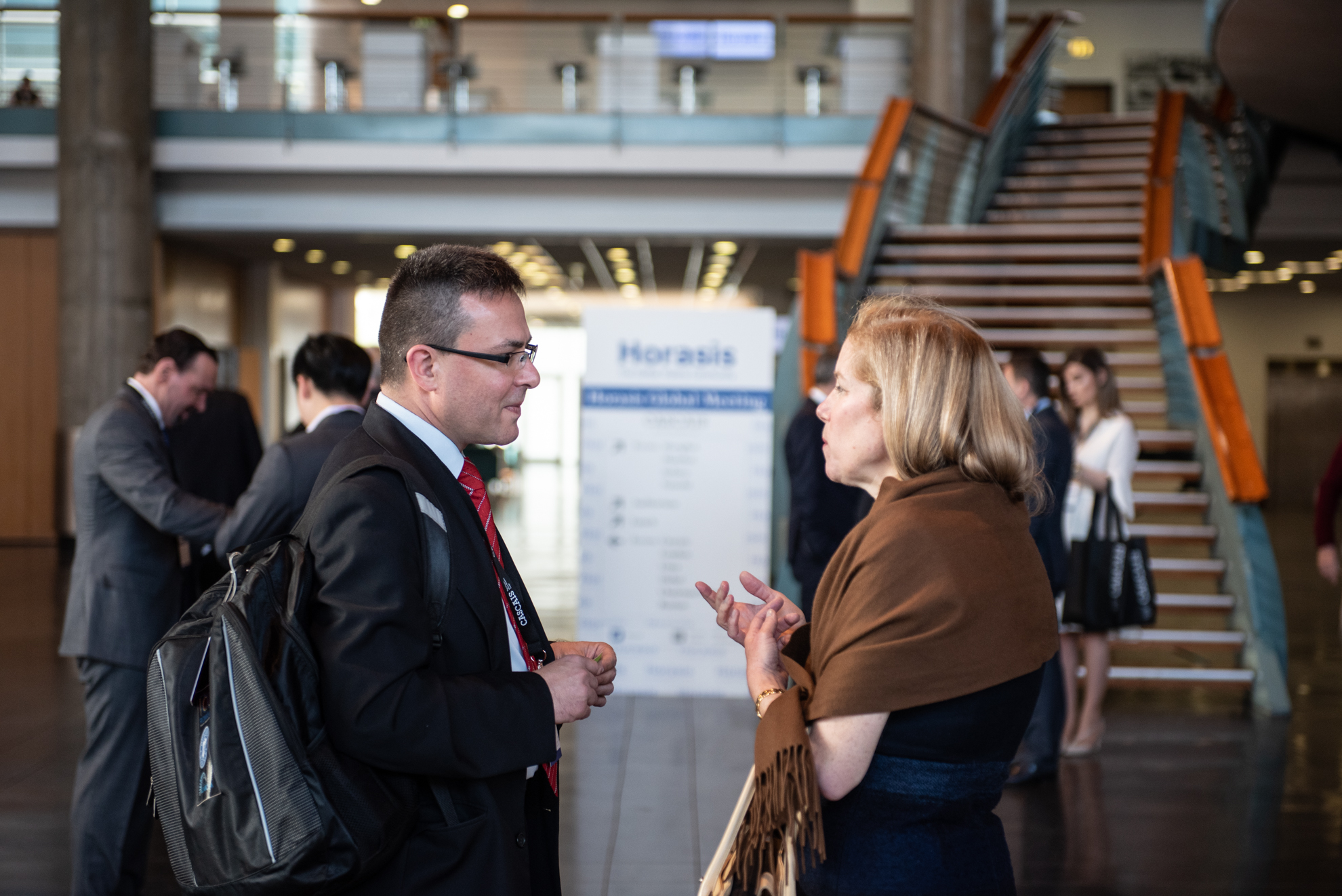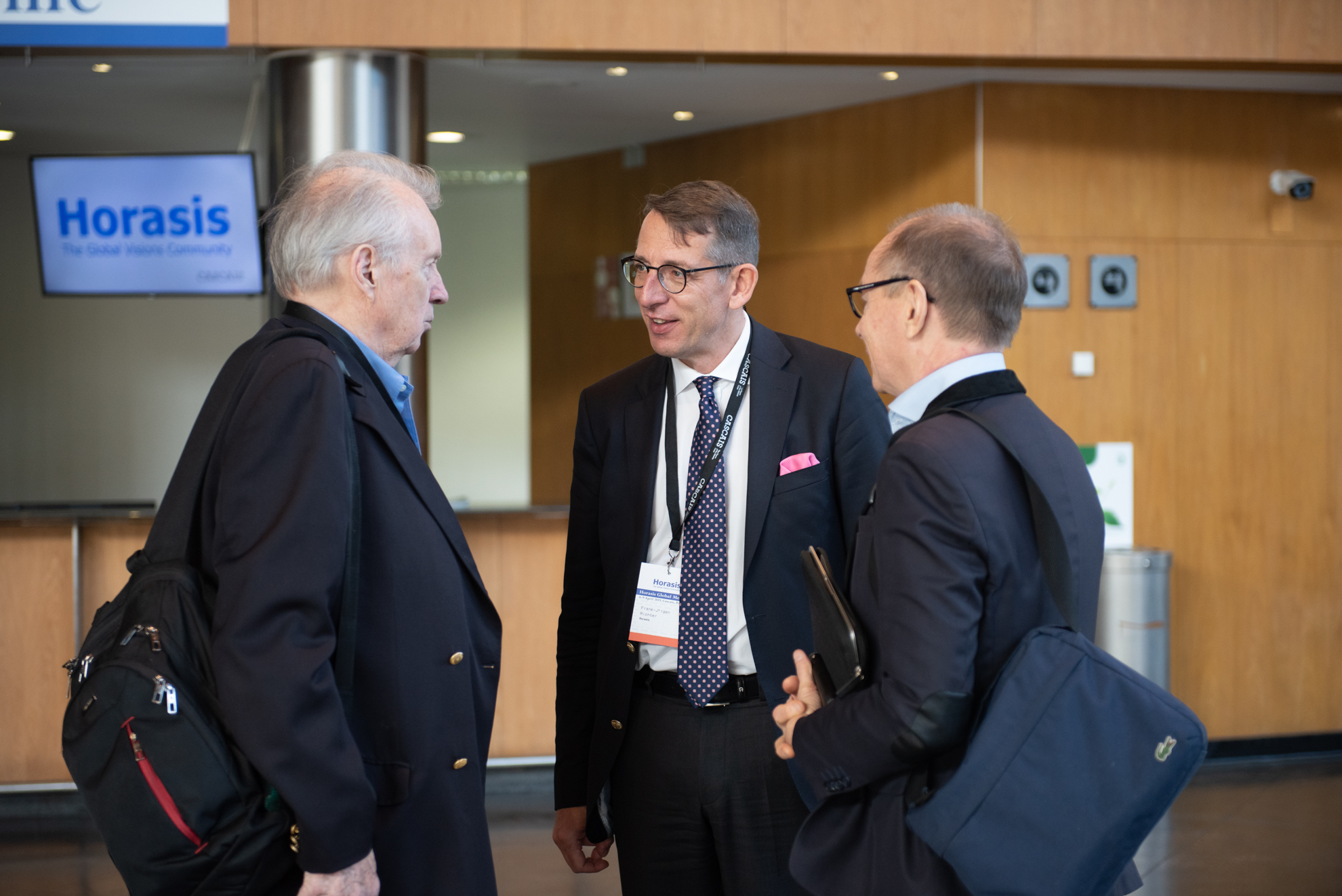Even with warm weather still weeks away, multitudes of people from abroad began arriving to the legendary European resort town of Cascais, Portugal this past week. They did not, however, come solely for the world-famous beaches, historic center and cuisine. They came for the Horasis Global Meeting, a gathering of over 800 senior business and government leaders from over 70 countries that aims to foster innovation and entrepreneurship.
The annual Horasis Global Meeting has become one of the world’s foremost discussion forums, offering an ideal platform to explore and foster cooperation, impact investing and sustainable growth across the world. It also dedicates much of its exploratory discussion to questions revolving around technology and startups.
Among the topics taken up were the fourth industrial revolution, the precise ingredients necessary to a thriving tech hub, and banking in the era of fintech.

Delving into the definition and consequences of the fourth revolution, or Industry 4.0, participants considered the technical drawbacks of societies made hyper-connected by the Internet of Things. With more than half of businesses expected to be running on the IoT by 2020, what are the privacy implications of a society where everything can hacked?
Speaking on emerging startup hubs, panelists concluded that in spite of new technologies connecting businesses internationally, the resources and connections of vibrant tech ecosystems still offer early stage businesses invaluable advantages. Those in the discussion reached the consensus that many emerging tech hubs offer much lower operating costs and are great places to be from an HR perspective.
Talks on fintech noted that internet banking has now superseded traditional banking. Moreover, new online payments firm giants have emerged with the entrance of Alibaba and Amazon into the space. They questioned what strategies traditional banks are using in response to the evolving market.
Coming together at a historic moment in which resentment of globalization is at a high worldwide, participants have more generally discussed ways of restoring faith in the idea of an egalitarian globalization. Today they will publish their conclusions on actionable plans for ensuring that the fruits of globalization are more evenly distributed.









Show Comments